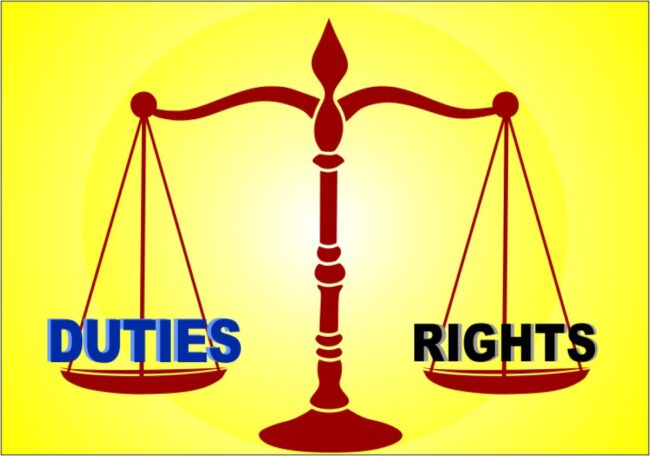
Sponsorship licence duties exist so that the Sponsor licence holders can maintain the licence without abusing the Sponsorship Management System(SMS) so as to facilitate smooth hiring of overseas nationals.
The Home Office says that the sponsorship duties are a privilege and not a right of any UK employer who holds the sponsor licence.
What does this mean for you? It simply means that the Home Office places deep trust on the sponsors which are employers and educators involved in hiring the overseas talent to ensure that the UK immigration laws are respected without being conducive to the public. Failing to do so can lead to sponsor licence revocation or sponsor licence suspension, or downgrading of your licence.
Overall objectives of Sponsorship duties
Covered as 5 major objectives of sponsorship duties but not totally limited to this, the objectives set forth by the UK Home Office cover the following aspects;
- Prevention from abusing the UK immigration law and sponsorship system
- To ensure that the sponsor licence holders protect the system and do not cause trouble or make it conducive to public good
- Identifying promptly and reporting to the Home Office any pattern of disturbance found in the system that negatively affects the hiring process.
- Assessing and addressing weakness and shortcomings of the system
- Monitoring and reviewing the compliances to be done by the sponsor licence holder aligned with the UK law.
Understanding the sponsorship licence duties and compliances
Your sponsorship licence duties start from the date your sponsorship licence is granted to you. There are 5 major duties and compliances to be carried out.
- Record keeping and management
- Reporting any challenge or bottleneck in the system
- Immigration law compliances for temporary workers and workers visa route
- Wider UK law compliance
- Compliance to not abuse the system or make it conducive to the public good.
Reporting any challenge or bottleneck in the system
The reporting duties are further divided into two types of reporting. One is reporting within 10 working days and the other is reporting within 20 working days.
Reporting within 10 days
- Reporting if the overseas worker has not joined or has not started working from the designated date due to compelling reasons such as bereavement or a missed flight.
- If the worker has not worked for continuous 10 days.
- If the employment contract of the worker has been terminated before the assigned date on the CoS, it must be notified within 10 working days.
- If the employer decides to stop the sponsorship process due to reasons like, workers visa got rejected, or worker was not genuine
- If any change pertaining to the employment status of the worker is processed such as promotion, change of job role, title or job description, it must be notified
- If the organisation undergoes a change such as changing the size or registration of the new organisation, it must be informed within 10 working days.
Reporting within 20 days
The changes that must be reported within 20 working days as pertaining to the organisation’s status such as changing the treading ways, registrations, merger or take over of the organisation, changing the names of the branch or organisation.
- Record keeping and management
The record keeping duties involve securing and maintaining the documents and employment record and recruitment processes of the organisation. The record of employees and their whereabouts and right to work checks details.
These records can be maintained either manually or electronically. The important thing is to ensure that the Home Office may ask you to demonstrate them anytime either directly or through an unannounced audit. You must ensure that the documents are well kept and produced when asked.
- Immigration compliance, widerlaw compliance, compliance against illegal workers
This involves complying with the rules and regulations set forth by the UK Home Office.
- Offering genuine vacancy to the skilled worker
- Assigning certificate of sponsorship to the workers
- Refraining from employing workers illegally
- Employing workers as per the workers and temporary workers guidance
- Offering them threshold salary against their occupation
- Refraining from doing activities that promote humanity division, terrorism, or provocative things
Know more through UK immigration experts
The role of the UK immigration solicitors is to help you to achieve your immigration and visa goals aligned with the Home Office rules. As such, A Y & J Solicitors should be your right choice when it comes to UK visa and immigration, sponsor licence compliance or administrative reviews.
They have a proven track record of offering the best immigration services with over 10 years of experience and excellence.
Stay connected with our dynamic Legal Blog, and if you’re passionate about law, seize the opportunity to write for us – your legal insights matter.”
